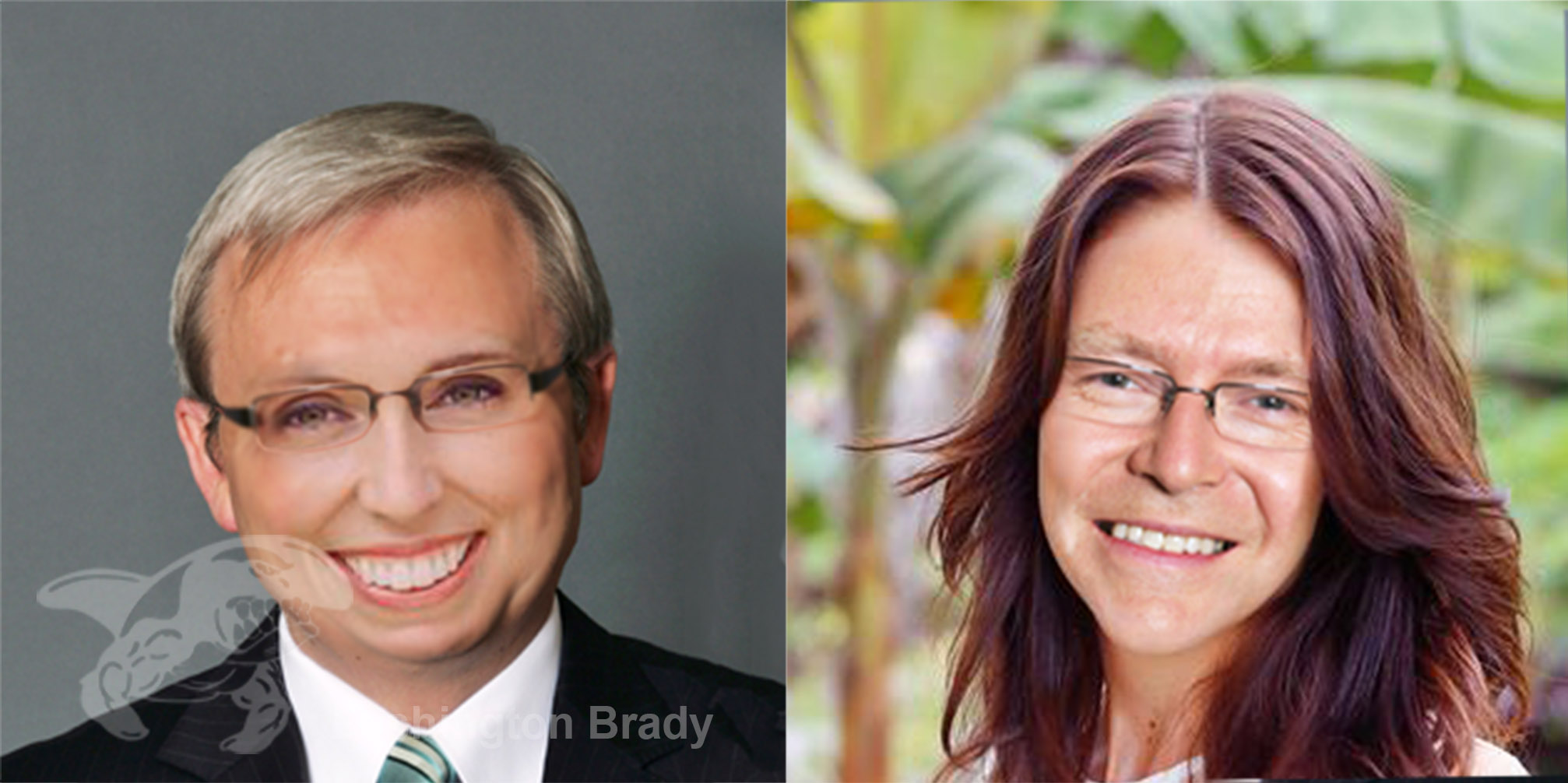If opinion polls are to believed, Prime Minister Jacinda Ardern is near-unassailable. But that’s what polls said about Bill Shorten and Hillary Clinton too. But for the closest parallel to Ardern, New Zealanders should look across the ditch of sea and time, to former Australian Prime Minister, Kevin Rudd.
For most of his first term, Rudd scored stratospheric poll numbers that humble even Ardern’s. Rudd at his peak bettered Ardern’s polling by half again.
Yet, before his first term was out, Rudd was gone.
So, what went wrong, and what relevance does it have for Jacinda Ardern?
There are many parallels between the prime ministerships of Jacinda Ardern and Kevin Rudd, as I’ve written several times before. Both were political parvenus who marketed themselves as breaths of fresh air. The media fawned over both. Like Ardern, Rudd was big on grandiloquent gestures. If he could have squeezed out a baby, he would.
Like Ardern, Rudd also benefited from a hopeless opposition. Under first Brendan Nelson, then Malcolm Turnbull, the Coalition went from dazed demoralisation to punch-drunk farce.
Rudd seemed more untouchable than Ardern. When it came, his fall was as shocking as it was precipitous. In little more than six months, Rudd went from Golden Boy to pariah.
What caused his downfall?
Primarily, a series of spectacular policy blunders. The fact that they related to housing and tax ought to sound an ominous bell for Jacinda Ardern.
Rudd didn’t have Kiwibuild, but he did have the Energy Efficient Homes Package. The entire program was beset by cost overruns, delays and incompetence, but it was the Home Insulation Program that really bit. The delicious honeypot of government money and a poorly-planned rollout attracted a swarm of shonky operators, leading to fraud and ultimately the deaths of untrained, inadequately protected workers.
Add to that a host of big-spending, grandiose schemes such as “Cash for Clunkers” and “Building the Education Revolution” (the Rudd/Gillard governments had an almost Maoist obsession with slogans), Rudd quickly acquired a reputation as yet another big-spending, big-taxing quasi-socialist failure.
In fact, tax was arguably the biggest albatross around his neck. Rudd tried to introduce the Resource Super Profit Tax, a ‘super-tax’ on the then-booming mining industry that was doing so much to float Australia through the Global Financial Crisis. The backlash, especially in resource-rich states like WA and Queensland, scared Rudd and Labor into a humiliating backdown.
The parallels with Ardern’s similarly embarrassing backdown on her keystone Capital Gains Tax are obvious.
Still, none of these should have been fatal. Despite a plunge in the polls, Rudd was coming off such a high base that they were still in an easily winnable position – so long as his colleagues were ready to back him.
What ultimately did Rudd in was that he simply rubbed too many of his own party the wrong way for too long.
Rudd quickly acquired a reputation as narcissistic, bullying and difficult. A “psychopath with a giant ego” according to one colleague. At the first sign of his poll gloss wearing off, the leaks and backstabbing began. A leaked video of Rudd’s temper exploding at staffers while trying to film a Mandarin-speaking message was calculated to play to rumours that he wasn’t up to the pressure of the office. Rumours started that his government was “chaotic” and “dysfunctional”.
As 2010 rolled on, the whisper campaign escalated to a frenzy. Realising that he didn’t have anywhere near the numbers to survive a mooted leadership challenge, Rudd resigned in June. Julia Gillard, who was presented as the long-suffering deputy who been carrying the can of the real work of government, took over.
Surely Jacinda Ardern is the unchallenged fairytale princess of New Zealand politics? Perhaps for now, but, like Rudd, there is a very real danger that her glass slippers could come flying off at any moment.
The whispers are already beginning. There are rumours that, like Rudd, Ardern is difficult to work with and has trouble handling the pressure of prime ministership. The hard work of government is said to be heaped on (so far) loyal deputies. But Ardern is said to be protected by her party’s fear that her personal popularity is insulating them from the failures of her government.
Should the time come when the party decides she is more of a liability than an asset, Ardern’s downfall may well be as swift and unexpected as Rudd’s.

